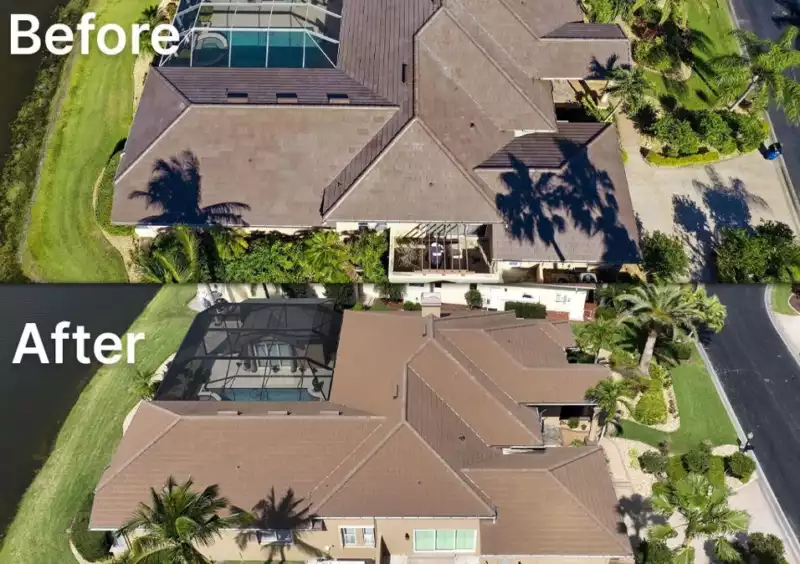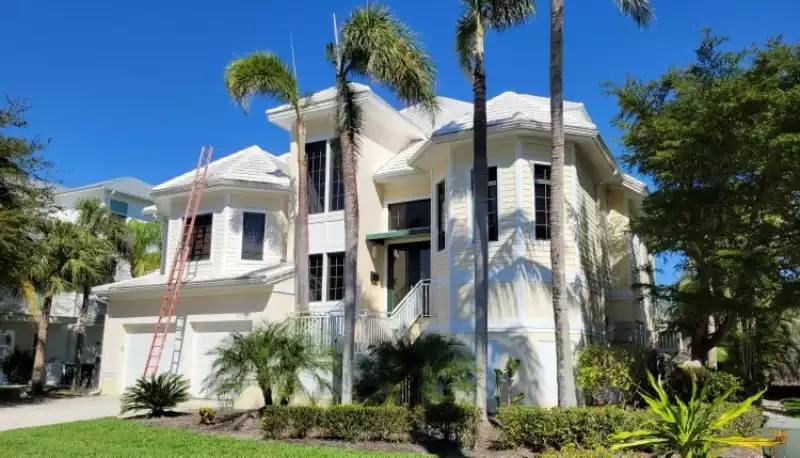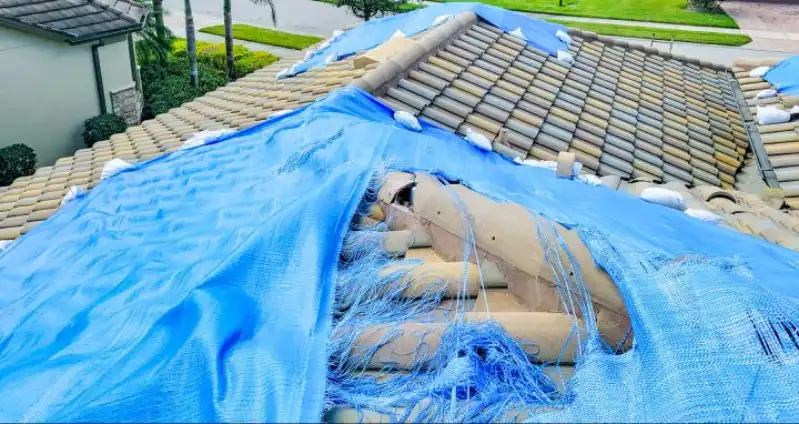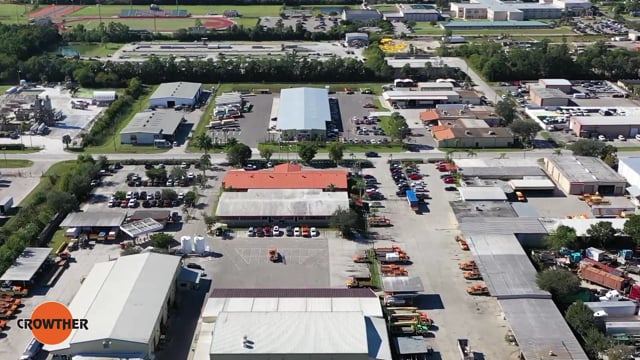Crowther Roofing Blog
Explore our Roofing Blog for expert advice, tips, and educational articles on roofing topics. Our goal is to help you make informed decisions about your roofing needs.
Roofing Frequently Asked Questions
-
There are several factors to consider: Cost of materials, and the labor to install said materials which include factors such as square footage, pitch of roof, and additional elements such as skylights and chimneys. Metal costs more for materials and to install than tile, and shingle. Longevity of the roofing. Metal roofs can last 40+ years depending on the material and traditional asphalt singles have an estimated life expectancy of 15+ years. Tile roofs last on average 25+ years. This is all dependent on the type of materials used for the entire roofing assembly. Maintenance of the roof. Metal roofing is the winner. High performance and is engineered to withstand the tough storms. Metal roofs can withstand impact and winds up to 140 mph. Shingle roofing requires regular maintenance due to vulnerability to high winds, and high humidity. Tile roofs are also able to withstand high winds and are resistant to rot and insect damage that might affect a single roof. Visit: https://crowther.net/services/roofing for more information.
-
Moisture Trapping: Stucco, while commonly used in Florida due to its durability against wind and hurricanes, can be a double-edged sword when it comes to leaks. Its porous nature allows moisture to seep in, potentially masking the true source of a leak beneath the surface. This trapped moisture can then lead to mold growth, structural damage, and further leaks. Leak Location Difficulty: Leaks in roofs can be challenging to pinpoint, especially in multi-layered systems common in Florida homes. Stucco adds another layer of complexity, often hiding the telltale signs of water damage like staining or blistering. Busting out a small section of stucco allows the roofer to directly inspect the underlying structure and locate the leak source more accurately. Repair Necessity: Once the leak is found, repairing it might necessitate removing some stucco. Depending on the location and severity of the leak, patching, or replacing damaged underlayment, flashing, or even roof sheathing might be required. These repairs often involve removing the surrounding stucco for proper access and installation. Preventative Measures: In some cases, roofers might proactively remove stucco around vulnerable areas like roof valleys or penetrations (e.g., chimneys, vents) to prevent future leaks. This allows for regular inspection and maintenance of these critical points, potentially saving headaches and repairs down the line. It's important to note that busting out stucco should always be a last resort, as it can be messy, time-consuming, and require additional repairs. A skilled roofer will typically exhaust other diagnostic methods like moisture meters and thermal imaging before resorting to this approach. For more information on our residential services go to: https://crowther.net/property-owners
-
Yes, permits are required, and they vary by county. A reputable roofing contractor should always pull the permits for the homeowner. There are several reasons why, as it protects the homeowner by leaving a paper trail documenting work done on your help which could be helpful with future repairs, insurance claims, etc. It also gives the homeowner the peace of mind knowing your roof has been properly repaired or installed. Inspections. Permits trigger inspections who verify the work meets code requirements and help catch any errors or substandard work before it’s too late. Code compliance. Permits ensure your roof meets all local building codes which are designed for structural integrity and wind resistance. Material and workmanship. This ensures that the proper materials and installation methods are used. Insurance. Without a permit, you may be unable to get insured. Still have questions, give us a call at 239-337-0026.
-
Here are a few things you should look for in a good roofing contractor: Are they Local? What does their place of business look like? That will tell you a lot about a licensed contractor. Go to https://www.myfloridalicense.com/ to confirm they are licensed for the services they are offering. Do they pull the permit? Permitting and inspections are in place to protect the homeowner against shoddy workmanship. This is a must. Without permitting and inspections, the roof would be uninsurable. Are they financially solvent? You should never be asked to pay any money upfront. Will they be around in a year if you experience issues and stand behind the warranty? Are they experienced? How well trained are their workers and do they use subcontractors that could be less experienced? Visit our residential showroom at 11791 Metro Pkwy or take a tour of our commercial 25-acre campus at 2543 Rockfill Rd, 15865 Assembly Loop, Jupiter, FL or our expanded 12.6-acre residential and commercial roofing and HVAC at 7120 26th E, Sarasota, FL or visit our about page at: https://crowther.net/about-us
-
Here are a few things to consider: The current Florida Building has a 25% rule within the Existing Building Section of the Code. If you must repair more than 25% of your roof in a calendar year, you will be required to do a roof replacement to the most current requirements of the Code itself. If the repairs are less than 25% of the entire roof, repairs and/or upgrades can be completed. This will always be based on a case-by-case basis considering the condition of the existing roof and whether the repairs will effectively prolong the life of the roof. Age of Roof. If your roof is nearing the end of its expected lifespan, it may be more practical and cost-effective to replace instead of doing multiple repairs Extent of Damage. Is the damage localized to a specific area or is the damage widespread or severe indicating there could be structural damage. Energy Efficiency. Older roofs may not have the proper insulation resulting in higher energy costs. Call us for a free inspection, so you can make an informed decision at 239-337-0026
Secure Your Shelter with Expert Care
Protect Your Home & Peace of Mind: Get Your Free Roof Inspection Today!
We care about the protection of your data. Read our Privacy Policy.





